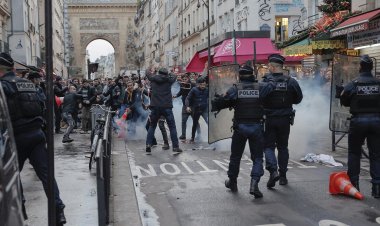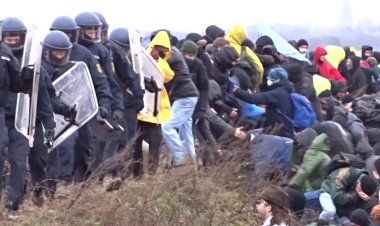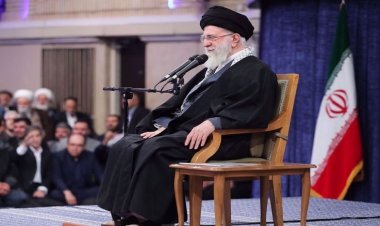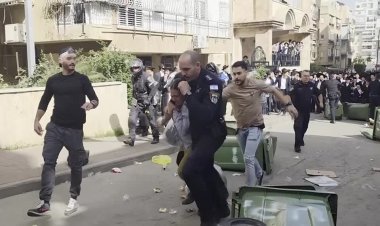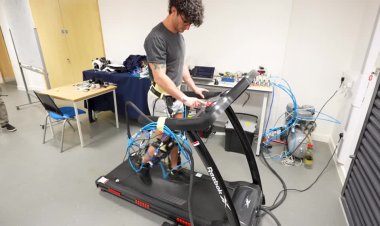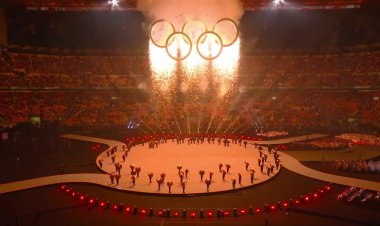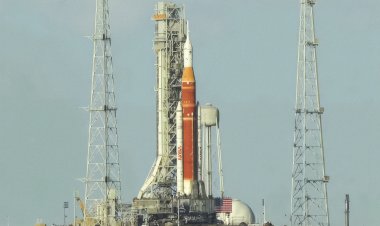Volcanic ash halts flights on Spanish island
The eruption of the Cumbre Vieja volcano in La Palma continues more than one month after it started. Its lava flows have destroyed around two thousand buildings in their path towards the sea and forced the evacuation of about 7,000 out of the island in the Canaries' 85,000 inhabitants.
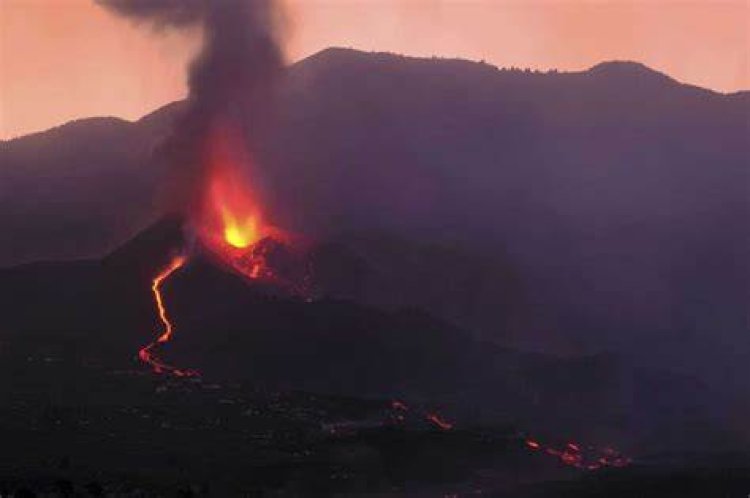
Planes were grounded on La Palma, one of Spain's Canary Islands, for the second straight day Sunday because of ash from a volcano that began erupting a month ago.
Airlines scrapped all 38 flights scheduled for Sunday, most of them to and from other islands in the Atlantic archipelago off Morocco, an airport spokesman said.
Only four of the 34 flights scheduled for Saturday went ahead as planned.
Local airline Binter said in a statement it would "restart activity as soon as possible and as long as conditions allow flights to resume safely".
La Cumbre Vieja volcano, which lies 15 kilometres (nine miles) west of the airport, erupted on September 19, spewing out rivers of lava that have slowly crept towards the sea.
So far no-one has been killed by the continuous lava flows, but the molten rock has covered 750 hectares (1,850 acres) and destroyed 1,800 buildings, including hundreds of homes, according to the European Union's Copernicus disaster monitoring programme.
About 7,000 people have been evacuated from their homes on the island, which has a population of around 85,000 people.
The eruption has covered a large area with volcanic ash and been accompanied by dozens of minor earthquakes most days.
La Palma airport has had to close twice since the eruption began and airlines have sporadically had to cancel flights.
The head of the regional government of the archipelago, Angel Victor Torres, said Sunday that scientists monitoring the eruption have seen no indications that it is abating.
Spain's central government and the regional government of the Canary Islands have so far earmarked 300 million euros ($348 million) for reconstruction on the island, which lives mainly from tourism and banana plantations.
Spanish Prime Minister Pedro Sanchez has vowed to "spend whatever money is needed to reconstruct this marvelous island".




